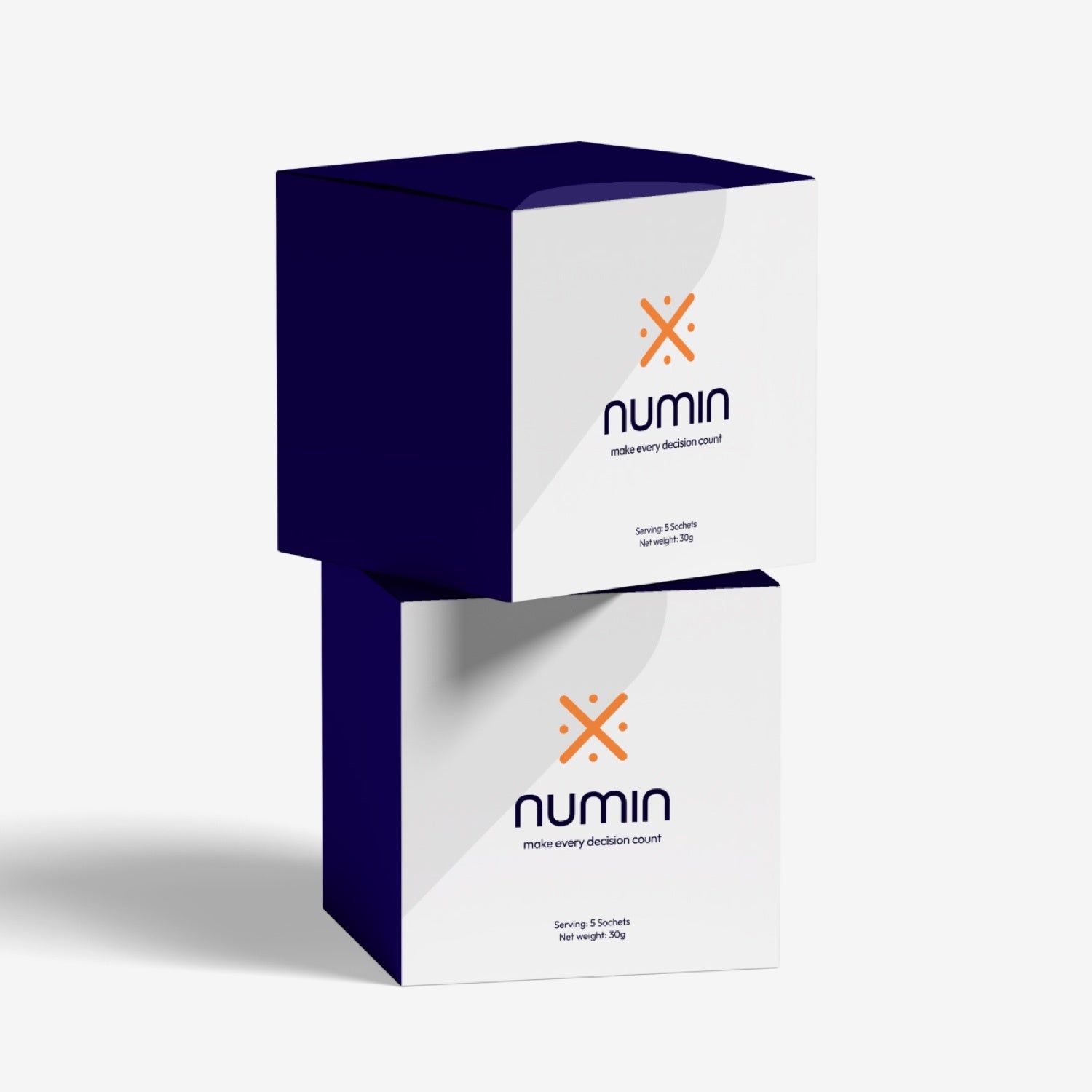2-minute read
You've been staring at the Netflix homepage for 15 minutes. Again.
One streaming service, thousands of options, and somehow you can't pick a single thing to watch. Yesterday, choosing between a black or navy shirt took longer than your morning workout.
This isn't laziness or overthinking. It's your brain hitting a biological wall that most people don't know exists.
Your Brain's Decision-Making Process
Every choice you make follows the same neural pathway. Whether you're picking a shirt or choosing a business strategy, your prefrontal cortex activates, weighs options, and executes decisions using identical brain machinery.
Here's what happens during each decision:
- Your prefrontal cortex fires electrical signals
- Neurons communicate using chemical messengers called neurotransmitters
- Your brain evaluates options and selects the best choice
- The decision gets stored in your memory
This process repeats thousands of times per day.
The Glutamate Buildup Problem
The key player in decision-making is glutamate, your brain's primary excitatory neurotransmitter. Think of glutamate as the brain's "go" signal that enables all cognitive processing.
But glutamate doesn't disappear after each decision. It accumulates in the synapses between brain cells. As levels build up throughout the day, they create what neuroscientists call "synaptic noise" that interferes with clear neural communication.
This is why that evening Netflix choice feels impossibly difficult. Your brain's decision-making pathways are literally congested with accumulated glutamate from hundreds of earlier choices.
The Modern Decision Explosion
Research shows the average person makes approximately 35,000 decisions per day. Compare this to our ancestors who made maybe a few hundred daily choices, and you can see why our brains struggle.
Your prefrontal cortex evolved for simpler decision environments. Now it's processing everything from email responses to lunch choices to major life decisions, all while managing the biological consequences of each choice.
What This Means for You
Understanding decision fatigue as a physiological process, not a willpower problem, changes everything. You're not weak when simple choices feel hard. You're experiencing normal brain biology under abnormal cognitive demands.
The good news? Neuroscientists have identified specific ways to support your brain's natural glutamate clearance processes, helping maintain decision quality throughout the day.














